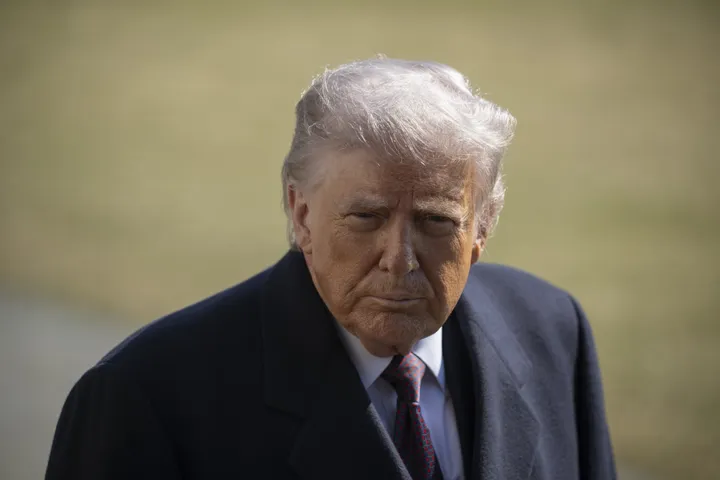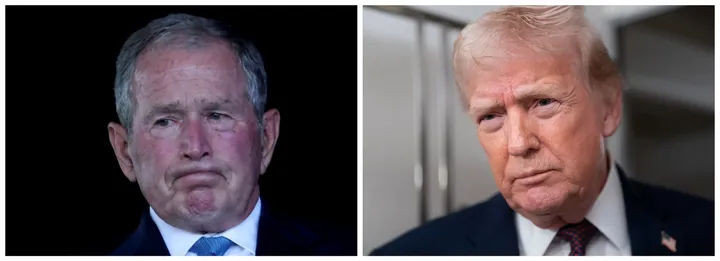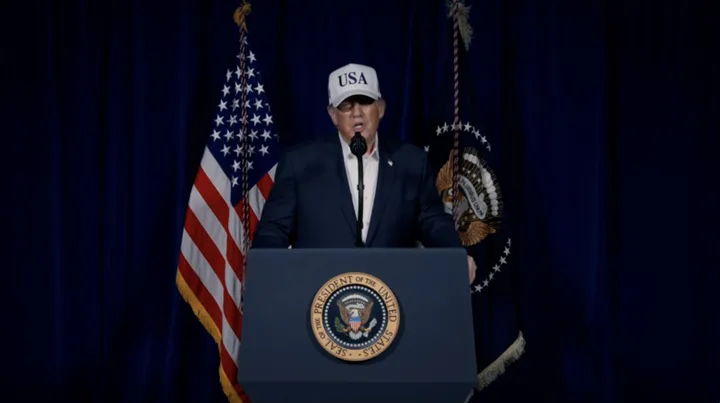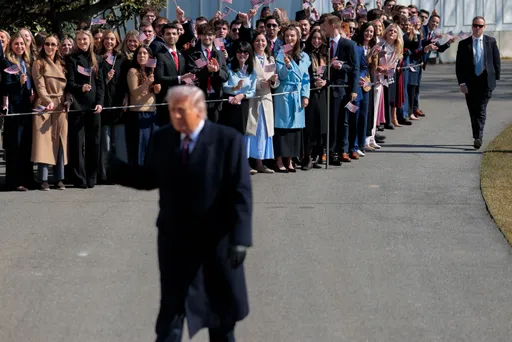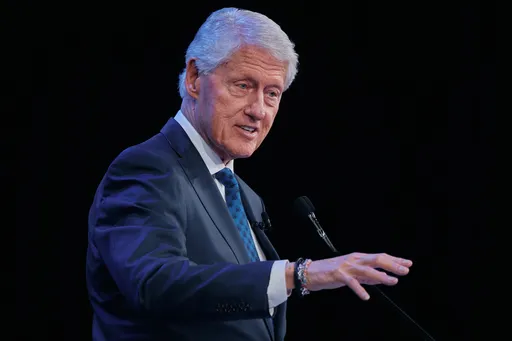The European Union (EU) is taking bold steps to strengthen the Euro as a strategic asset in the global economy, according to a European Parliament report titled "Can the Euro Dethrone the US Dollar as the Dominant Global Currency?".
The EU believes that the Euro is essential to its economic and political power, and is pursuing a range of initiatives to increase its global significance and promote it as an alternative to the US dollar.
The Euro, which is currently the second-most widely used currency in the world, has faced challenges in recent years, including the European debt crisis, Brexit, and the ongoing pandemic.
However, the EU is optimistic about the Euro's future and is pursuing targeted policy initiatives to increase its share in global foreign exchange reserves.
READ MORE:Why is the US dollar’s reserve currency status no longer privileged?
Diversifying foreign exchange reserves
To achieve this goal, the EU is advocating for greater use of the Euro in international trade and investment, as well as encouraging central banks to diversify their foreign exchange reserves away from the dollar.
One key strategy outlined in the report is to increase the Euro's share of global foreign exchange reserves to at least 30 percent by 2025.
According to the IMF's data from its Currency Composition of Official Foreign Exchange Reserves (COFER) survey, the US dollar remains the dominant currency in global foreign exchange reserves, accounting for 59 percent of total allocated reserves.
The Euro, by contrast, accounted for around 20 percent of total allocated reserves.
Data shows the share of the Euro in global foreign exchange reserves has increased slightly over the past decade, while the share of the US dollar has decreased significantly from 71 percent and is currently at a 25-year low.
However, the US dollar still remains the most dominant currency in the world, with a significantly higher share than the Euro.
Digital Euro
In addition, the EU is exploring the possibility of a digital Euro, which could provide new opportunities for innovation and efficiency in financial transactions.
"The euro is also the currency of the future, and in the coming years it will become a digital currency too," says European Commission President Ursula von der Leyen.
A digital Euro would also ensure that the Euro remains competitive with other digital currencies like Bitcoin and China's digital yuan.
The EU parliament report also suggests the creation of a Euro-denominated oil and gas benchmark to increase the Euro's role in global energy markets.
The EU's efforts to strengthen the Euro reflect a broader shift in global economic power away from the US and towards other regions, including Europe and Asia.
By promoting the Euro as a strategic asset and viable alternative to the dollar, the EU is positioning itself as a major player in the global financial system and strengthening its own economic and political power.

